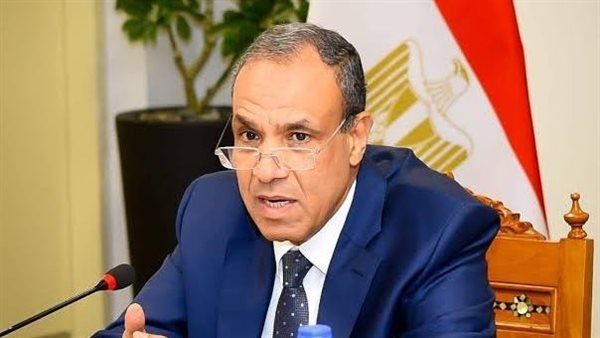Tuesday 12/November/2024 – 03:14 PM
Dr. Mostafa Madbouly, Chairman, participated cabinetin the round table entitled “Energy: Strengthening climate change mitigation measures”, during his participation, on behalf of President Abdel Fattah El-Sisi, President of the Republic, in the high-level segment of the Conference of the Parties to the United Nations Framework Convention on Climate Change (COP29), where He made an intervention during this session, in the presence of the Prime Ministers of Belgium and Slovakia, the Director General of the International Monetary Fund, and the American climate envoy.
At the beginning of his intervention, the Prime Minister thanked those organizing the round table for giving him the opportunity to participate in this important event.
Strengthening measures to mitigate the effects of climate change
In the context of talking about the efforts and actions of countries to accelerate the transformation in the field of energy, the Prime Minister said: With regard to the efforts of the Egyptian state to accelerate the transformation in the field of energy; We have made every effort to provide the appropriate environment to implement our ambitious renewable energy goal, which is to reach 42% of renewable energy in the energy mix by 2030.
He added: We began by issuing a distinctive feed-in tariff for electricity, through which we were able to attract a lot of private investments, in addition to implementing a huge program to reform subsidies, in order to increase the competitiveness of renewable energy. Then we moved to a bidding system for various projects to continue promoting private investments in renewable energy.
He continued: However, due to the limited support we have received so far, we are unable to make the required improvements to the network, in addition to other needs. Therefore, achieving our current NDC target is at risk.
On his expectations from COP29 and how its outcomes can help developing countries implement the mitigation elements of the Global Stocktake (GST) process (which identifies the gap between developing countries’ needs and mobilized support) and Nationally Determined Contributions; Dr. Mostafa Madbouly said: We believe that without the support required for developing countries to implement NDCs, these goals will remain on paper and will not be achieved.
He added: We must also emphasize the link between the new collective quantitative target, which must be agreed upon during COP 29, and the implementation of nationally determined contributions, as the new collective quantitative target must be set taking into account the needs and priorities of developing countries to implement their current and future nationally determined contributions.
He continued: We face enormous difficulties in achieving our current conditional nationally determined contribution, as we have not received the support required to implement it.
He continued: Increasing ambition in considering new climate change mitigation elements for the first global climate assessment process, taking into account our national circumstances, paths and approaches, depends on achieving the current nationally determined contributions.
He said: We believe that many developing countries face similar difficulties, and that the most important outcome expected from the current Conference of the Parties, the first global climate assessment, is the way to allow us and other developing countries to increase our ambitions and implement the mitigation elements within the first global climate inventory/assessment.
He added: We believe that a new collective quantitative target that includes appropriate quantitative tools, namely large grants and soft loans, that do not increase the debt burdens of developing countries, is critical to achieving the current NDC targets and any future updates.


